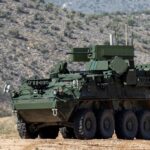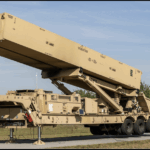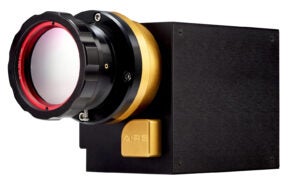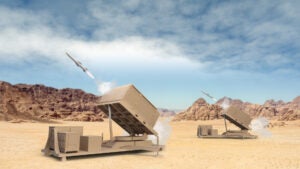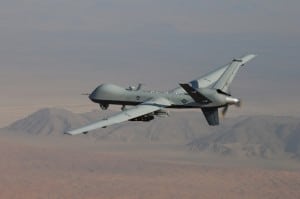
Middle Eastern allies and partners are “desperate” to buy U.S.-made weapons and military equipment, but U.S. restrictions on foreign military sales (FMS) could leave countries like the United Arab Emirates dependent on buying Chinese imitations, the Air Force’s head of acquisition said Friday.The services need congressional help to ease FMS regulations and speed up the pace of international sales, William A. LaPlante, assistant secretary of the Air Force for acquisition, said during a Lexington Institute event about acquisition reform.LaPlante, who…

